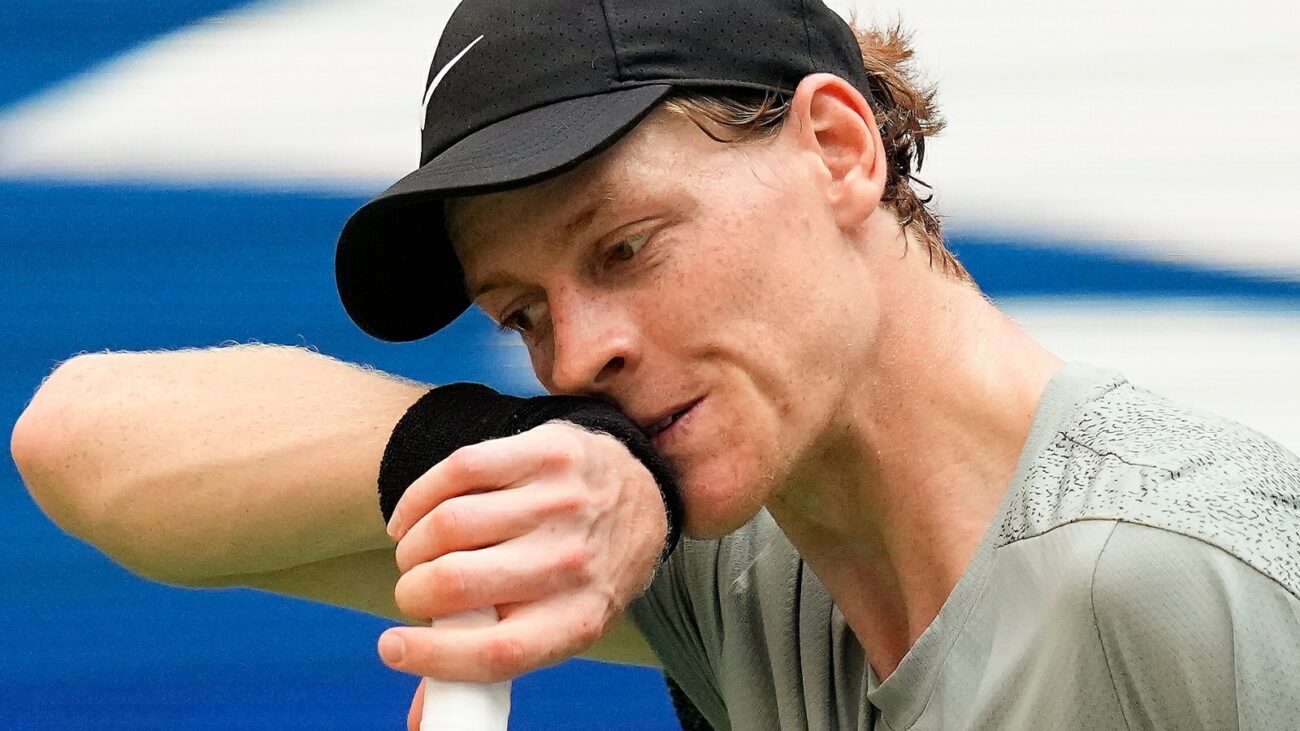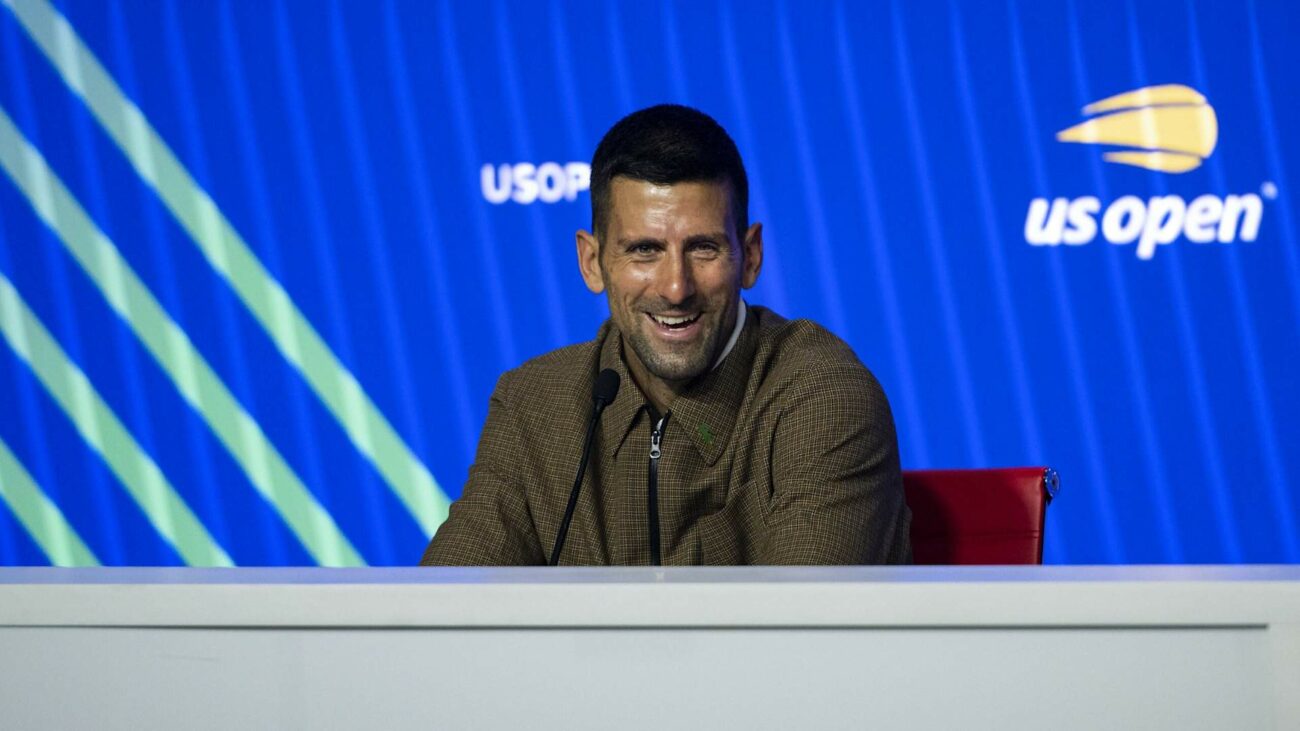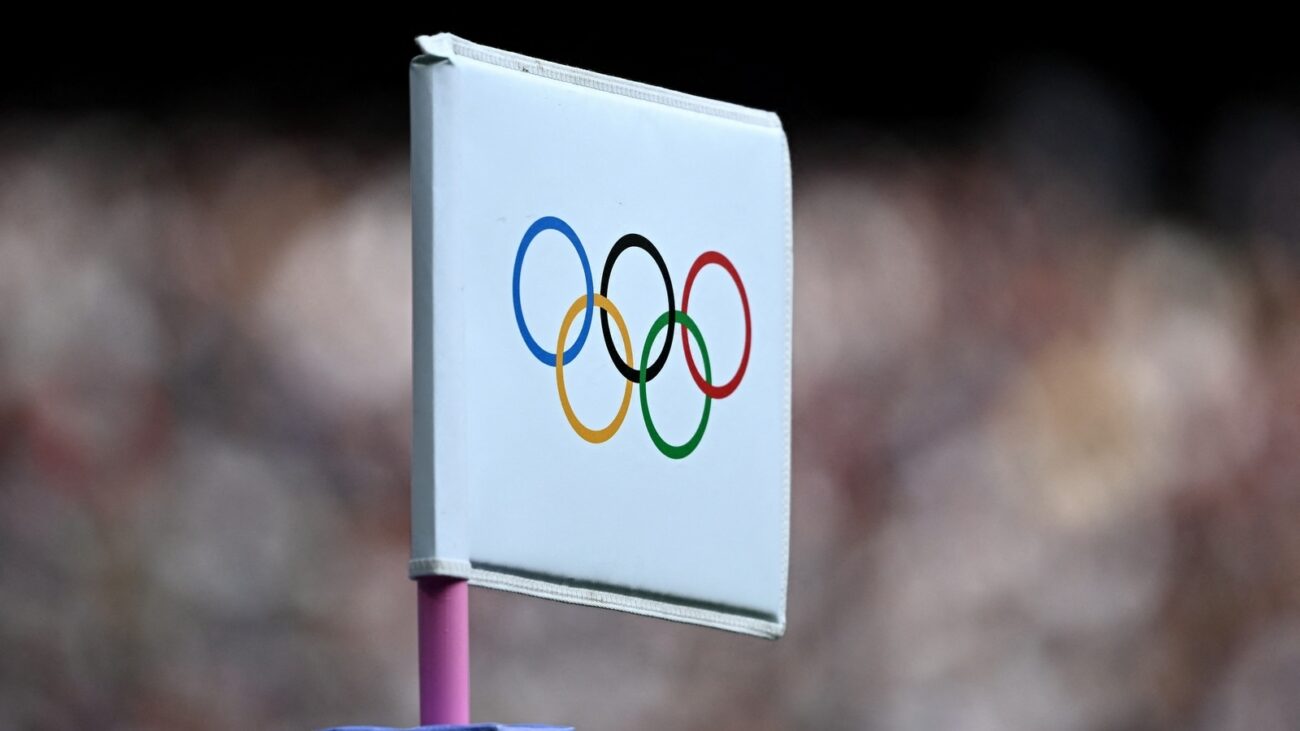Jannik Sinner’s Doping Controversy: CAS Verdict Pending
Jannik Sinner’s US Open triumph has been overshadowed by a doping controversy that has cast a shadow over his career. In March, it was revealed that the Italian had tested positive for an anabolic agent twice, but avoided a ban after an independent tribunal accepted his defense that the test results were affected by unintentional contamination.
Sinner’s physiotherapist, Giacomo Naldi, and athletic trainer, Umberto Ferrara, were blamed for the wrongful contamination and were fired in late August. However, the World Anti-Doping Agency (WADA) appealed to the Court of Arbitration of Sport (CAS) in September, seeking a one to two-year ineligibility period for Sinner.
In a press release, the CAS stated that it could not specify a timeframe for the issuance of its decision, which will be final and binding. However, the parties have the right to appeal to the Swiss Federal Supreme Court within 30 days for limited reasons.
Naldi has recently spoken out about the incident, expressing his regret and hinting that he may reveal more details in the future. “I’m sorry like everyone else. I can’t say anything else, I just hope, sooner or later, I can also tell what happened to give a general picture,” he said.
Sinner has since hired Ulises Badio as his new physiotherapist and Marco Panichi as his new trainer. The Italian will be hoping that the CAS verdict goes in his favor, allowing him to continue his promising career without further disruption.





